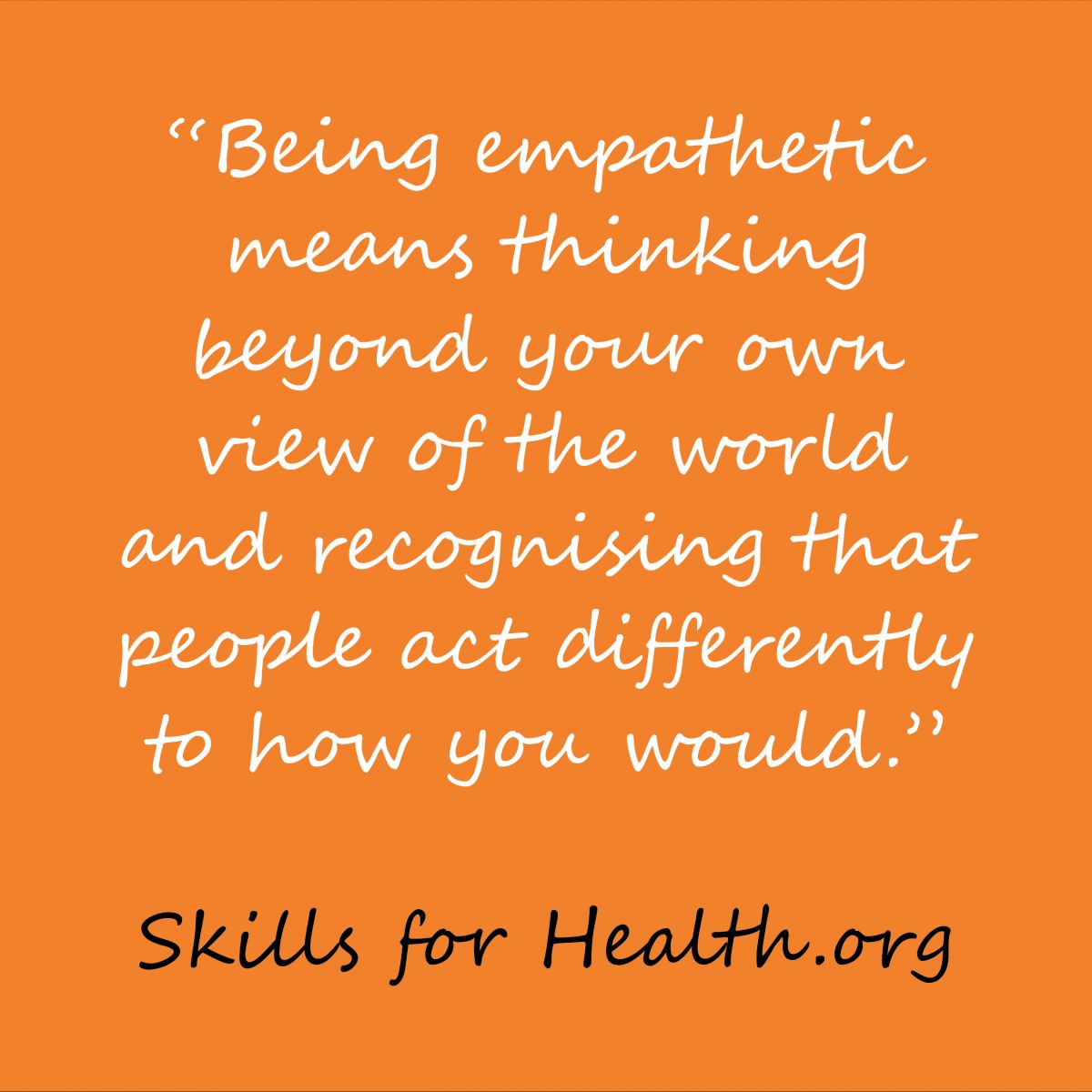Mental Fitness Mondays: Empathy as a People Skill Muscle
Walk a mile in their shoes?
I get asked to do interesting work sometimes - the kind where teams have fallen out with each other. Before I plan any coaching or training programme, I always start by understanding what actually happened.
This is the way it often goes:
I meet one to one with each person involved; each conversation is with a decent person, committed to good outcomes, and articulate in describing the issues and what needs to change.
And yet… each person will place blame squarely on at least one of the others.
It's rare that they show empathy for the colleagues they blame.
And yet, in those same conversations, I learn that everyone is struggling with something, things like:
- Traumas and hurts
- Bereavements
- Stress
- Health conditions
When we’re going through a tough time, work becomes harder. We might underperform or become more reactive. What we need in those moments is empathy; especially when we’re not easy to be around.
What Is Empathy?
When I ask this on a training course, people often say: “It’s walking a mile in someone else’s shoes.” And they usually have plenty of real-life examples to share.
So why don't we empathise with each other when the **** hits the fan?
Why didn’t anyone say something like:
“X is really snappy right now, but I know when I lost someone I loved, I was probably hard to be around too”?
I think it’s because they were hurting. Even though only some of their pain came from work, each had become more inwardly focused. And when that happens, empathy often falls to the bottom of the list.
When Empathy Is Hard
I’ve been there too; slipping into victim mode, struggling to empathise, especially when someone is:
- a) not like me
- b) not kind to me
- c) someone I disagree with
Anyone Got a Milkshake?
There was a time I’d immediately switch the TV channel when certain “man-of-the-people” politicians came on screen.
Now, I’m not about to give airtime to people I think are damaging society - especially those who show little empathy themselves. But my refusal to even try to understand where they come from… that’s a lack of empathy too. Just in a different direction.
While I won’t spend my time trying to connect with populist politicians, I will listen to the hopes and concerns of people who vote for them.
Empathy doesn’t mean agreement.
It means we don’t marginalise or dismiss.
It means we try to understand.
Lack of Empathy… or Lack of Self-Care?
Empathy is a key muscle in our mental fitness toolkit - but it can get depleted. Colleagues who blame one another don't lack empathy altogether; a low psychologically safe environment combined with exhaustion mean it's just a step too far to think too much about other people's perspectives.
Sometimes, the most empathic thing we can do is take care of ourselves first. (See earlier posts on Self Care for more on this.)
Empathy Is a Muscle
Some people assume they’re empathic because they see themselves as kind or decent. But empathy isn’t a label; it’s a practice.
And like all muscles, it only strengthens with use.
How do you build empathy?
- By listening more openly
- By asking better questions
- By creating space for others to be honest
There’s a lot more I want to share about empathy in future posts, including the problem of empathising too much, but for now, I’ll leave you with two coaching questions:
- How might you practise being more empathic today?
- Who is someone you don’t have much empathy for - and why?

